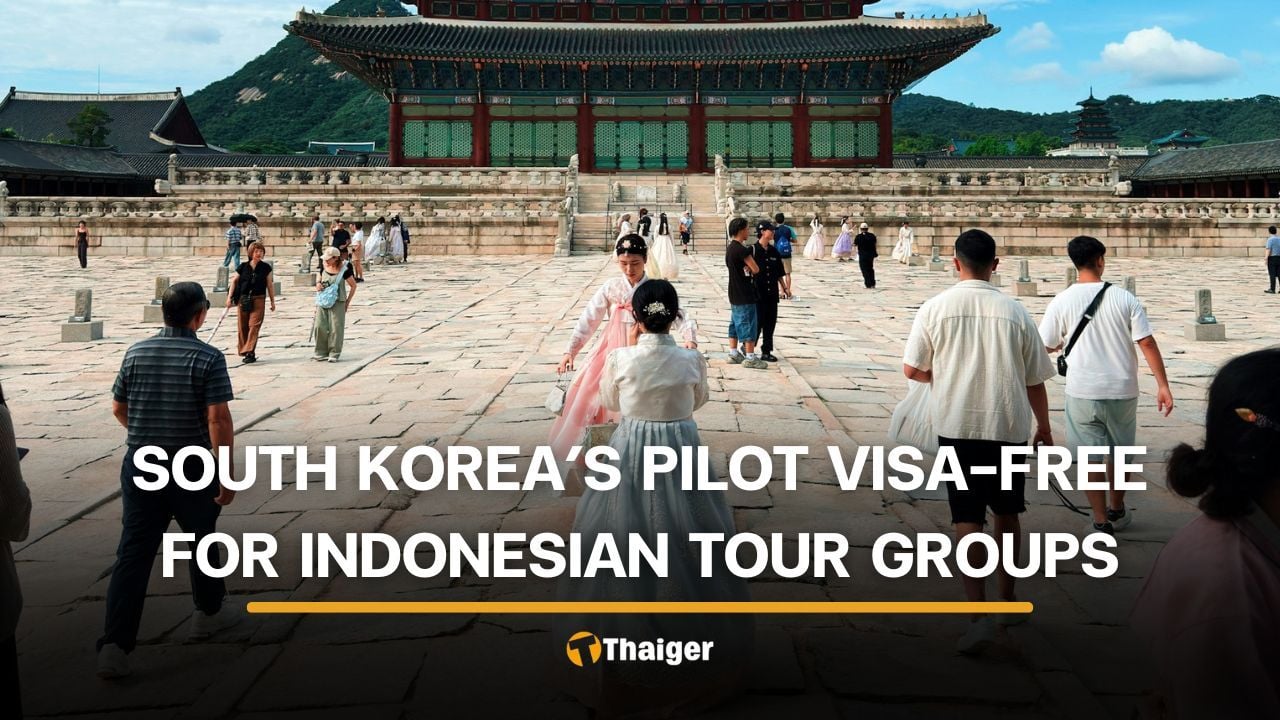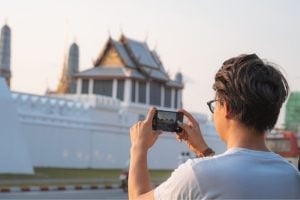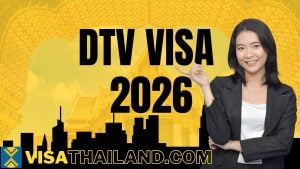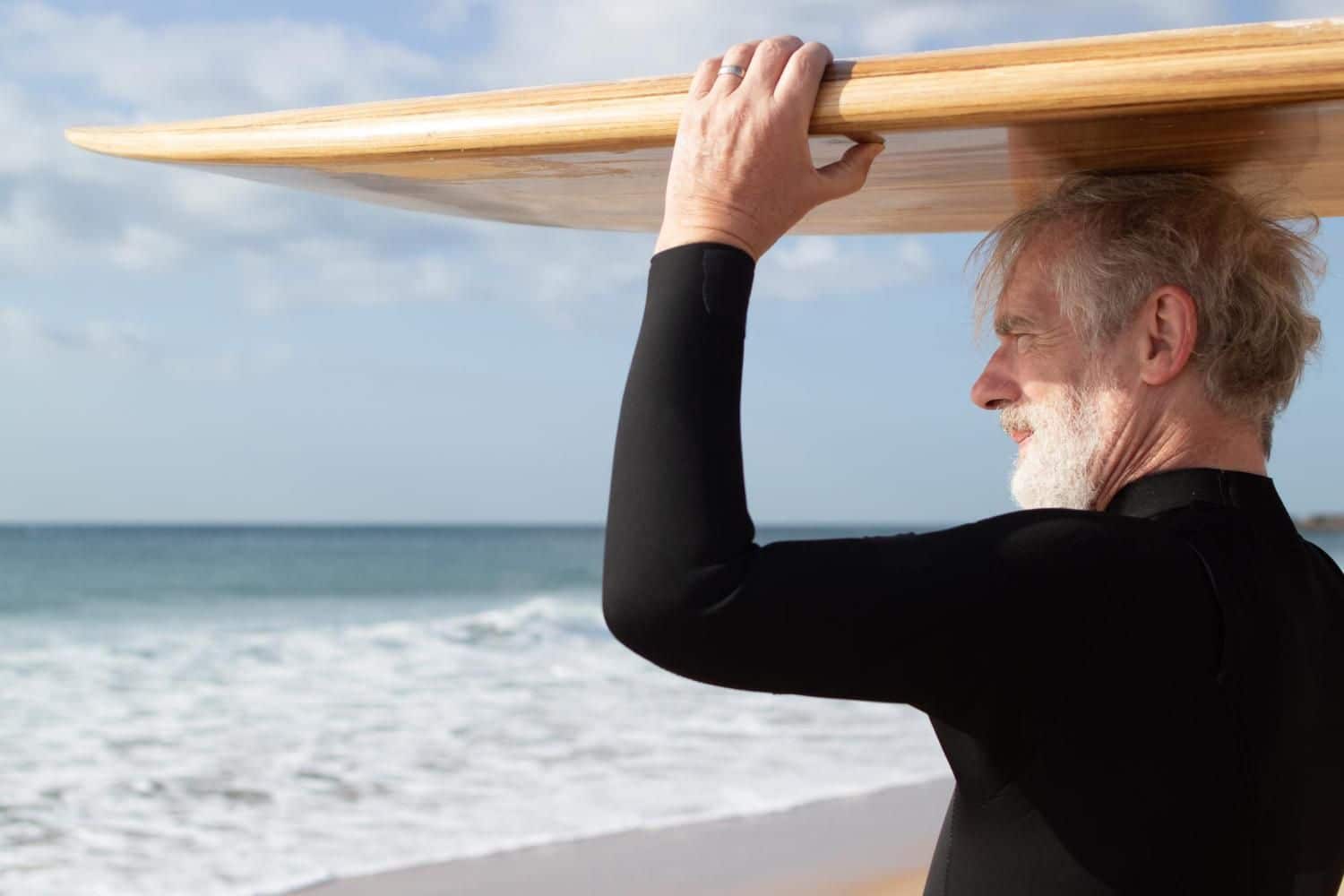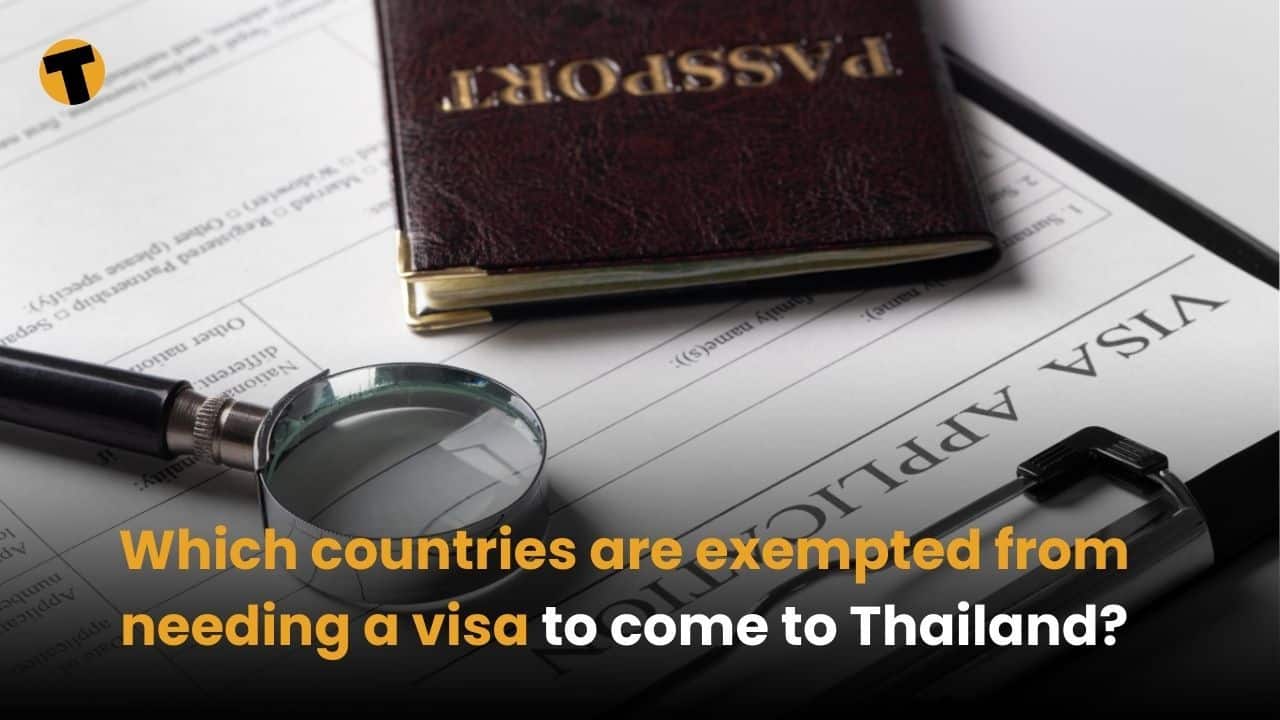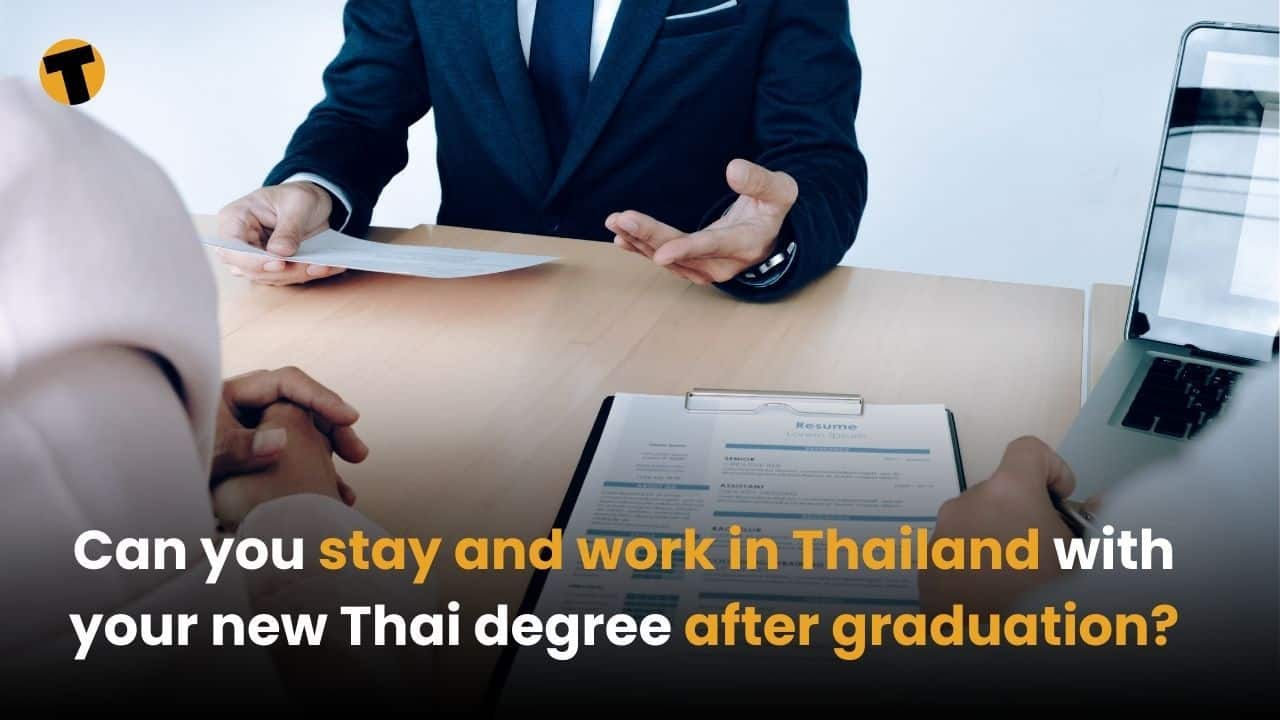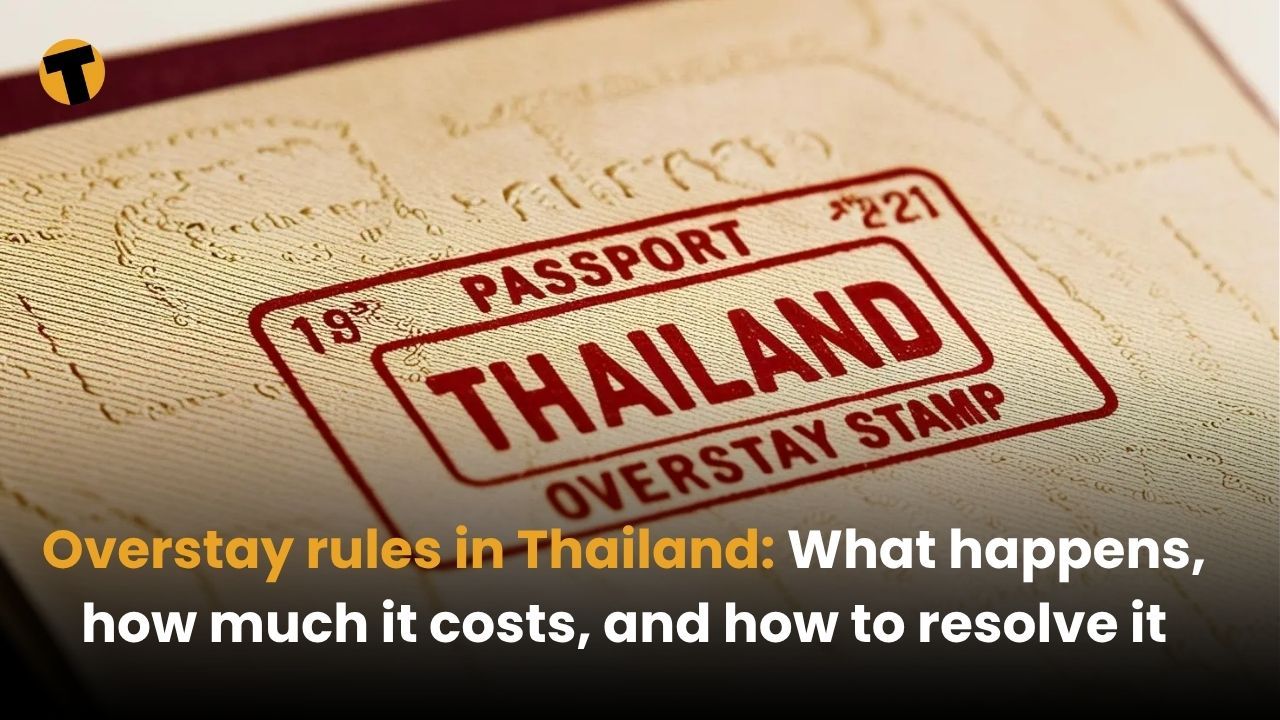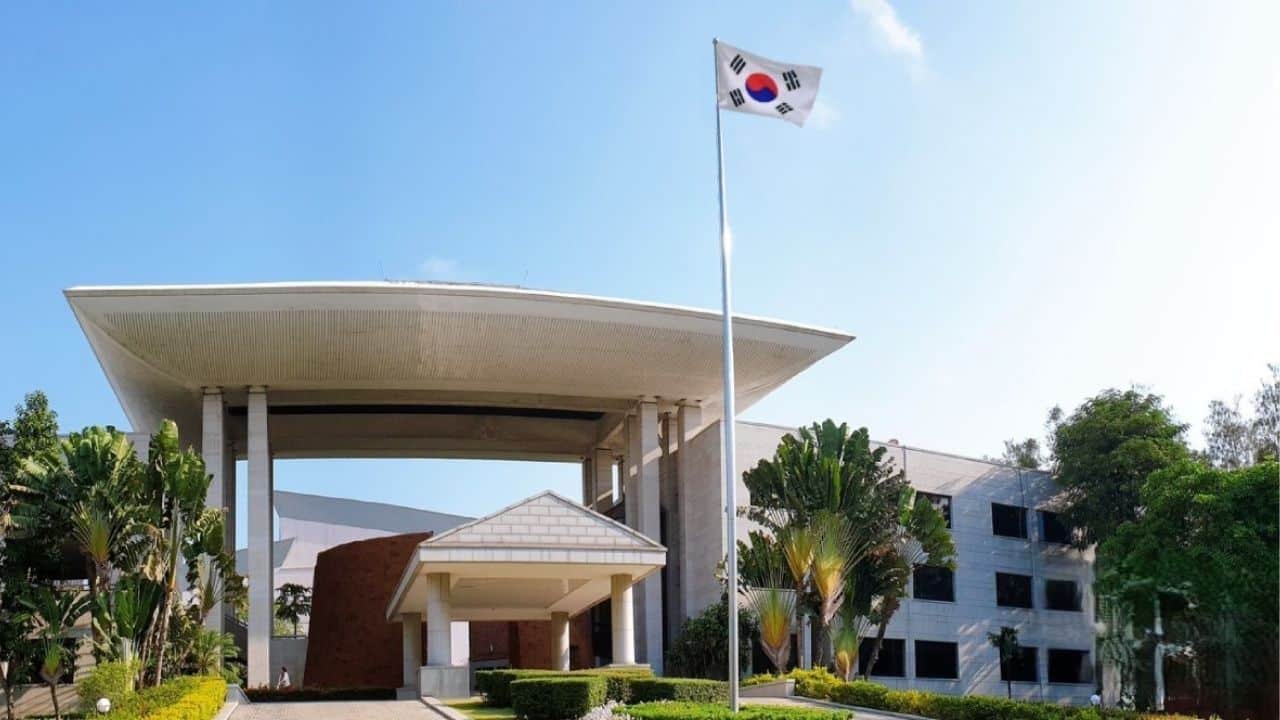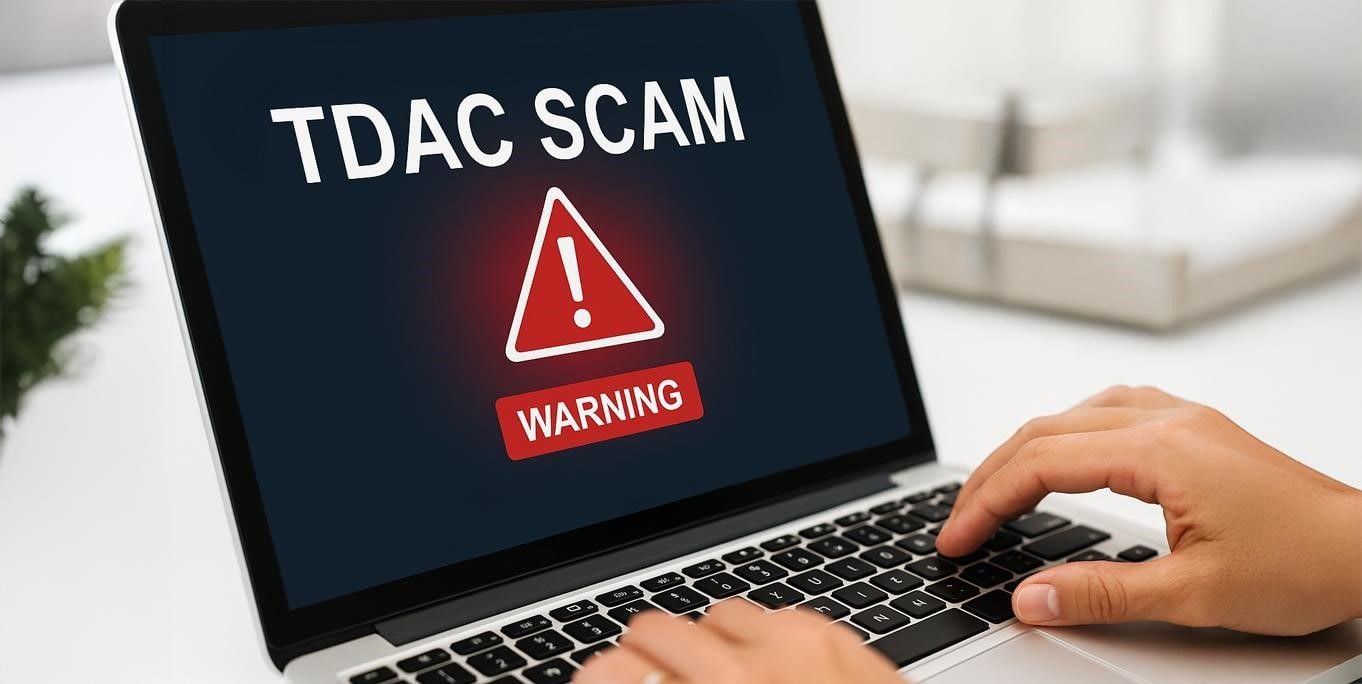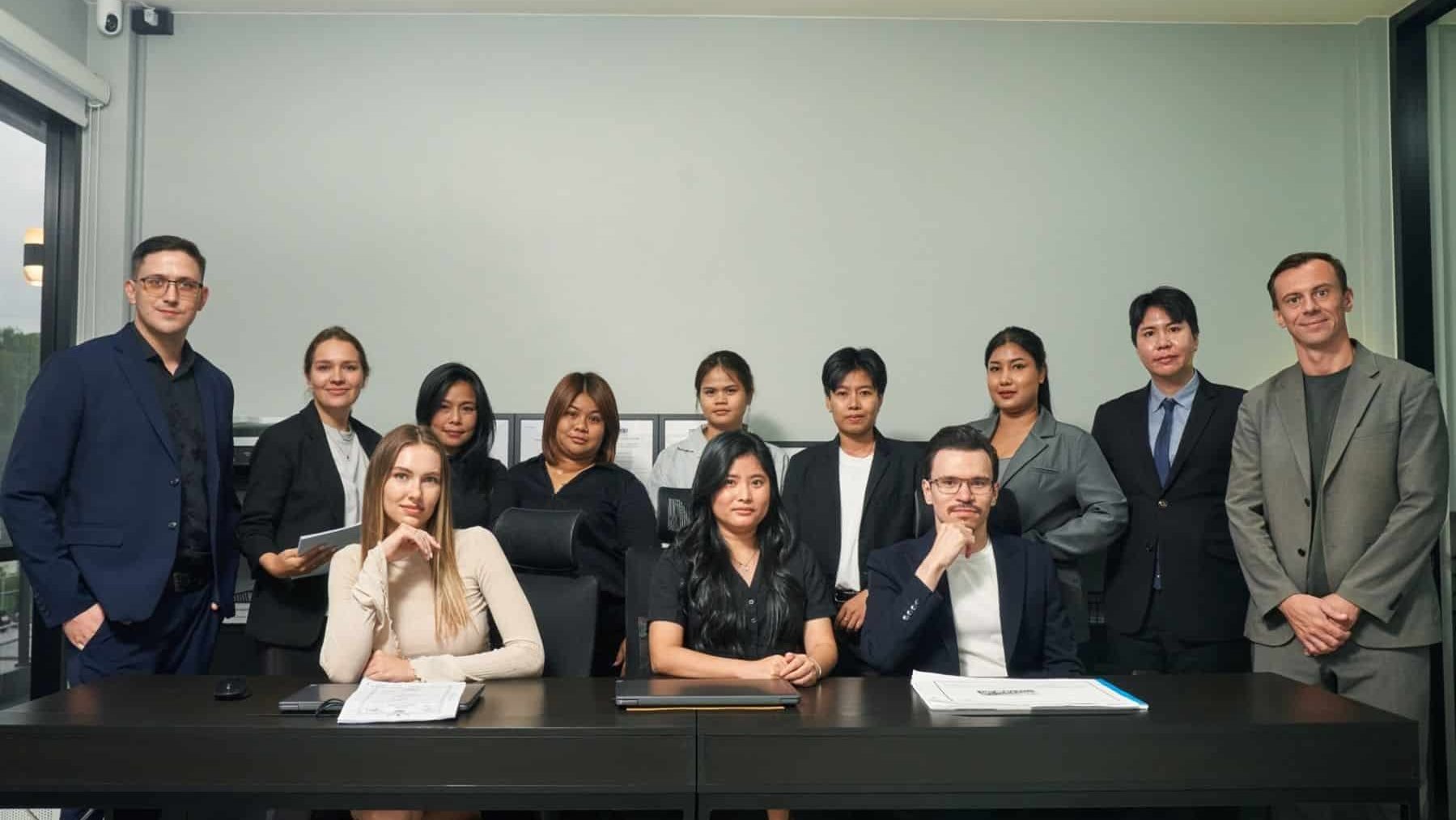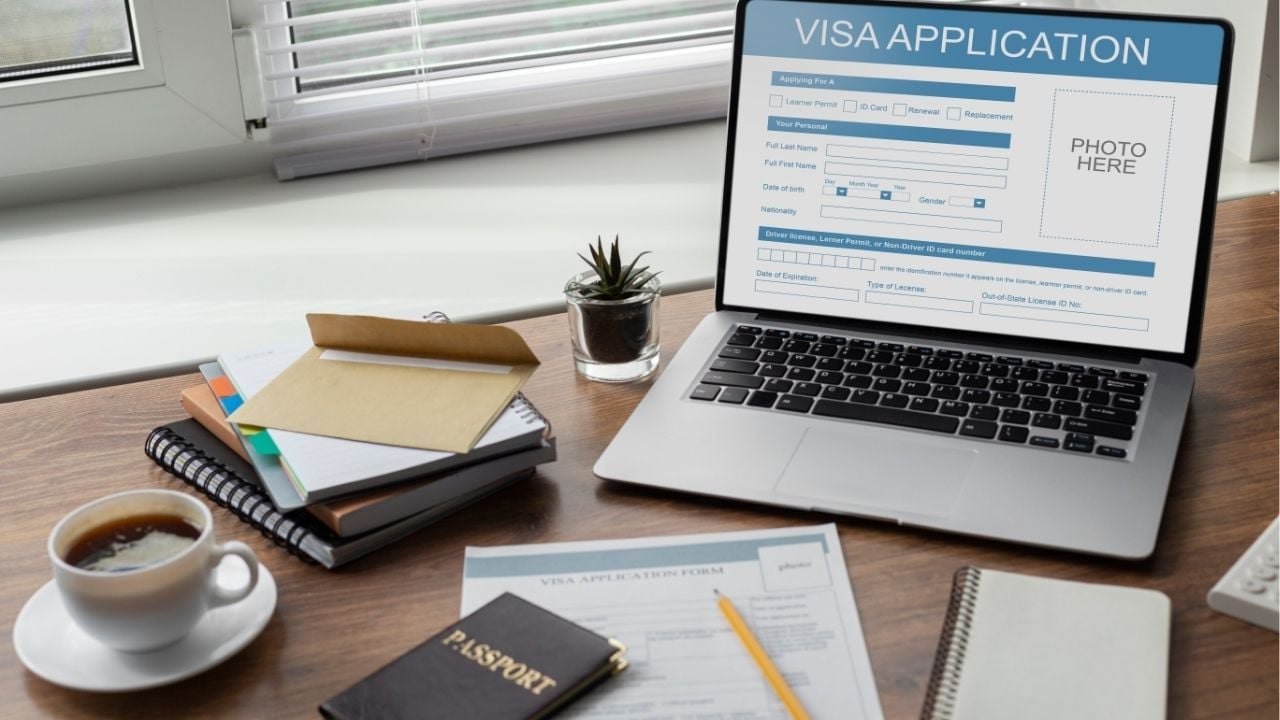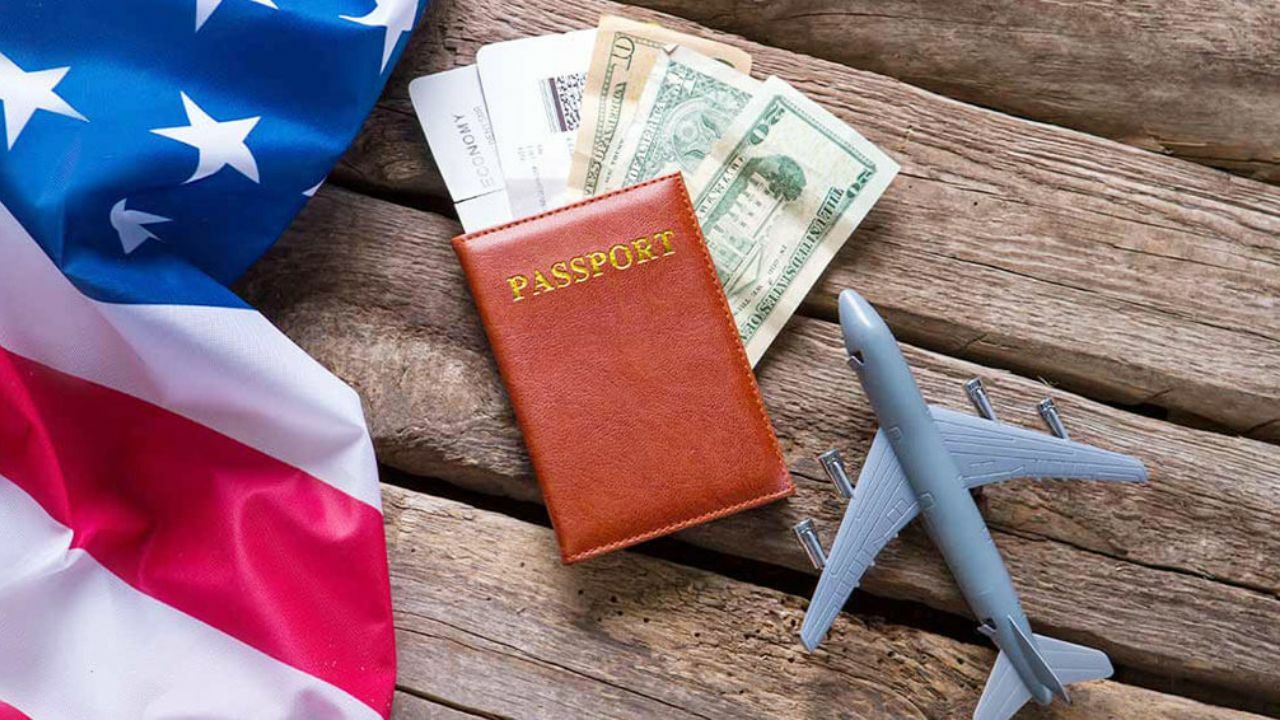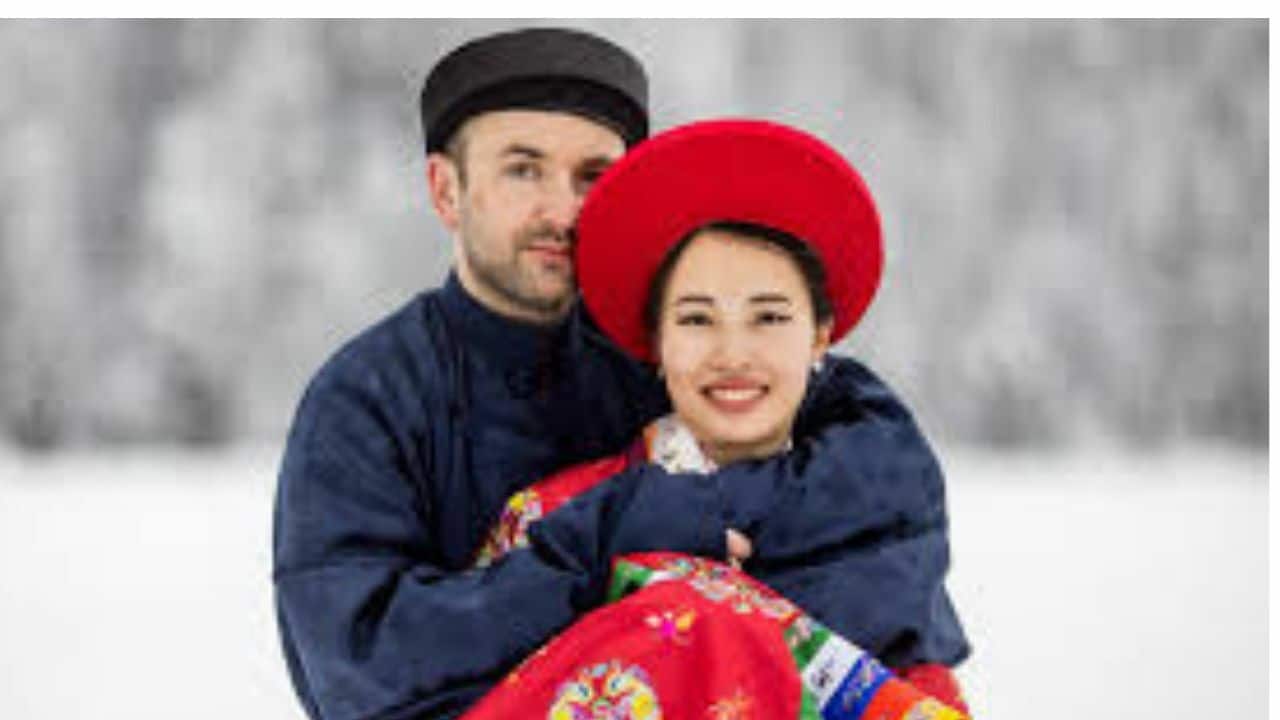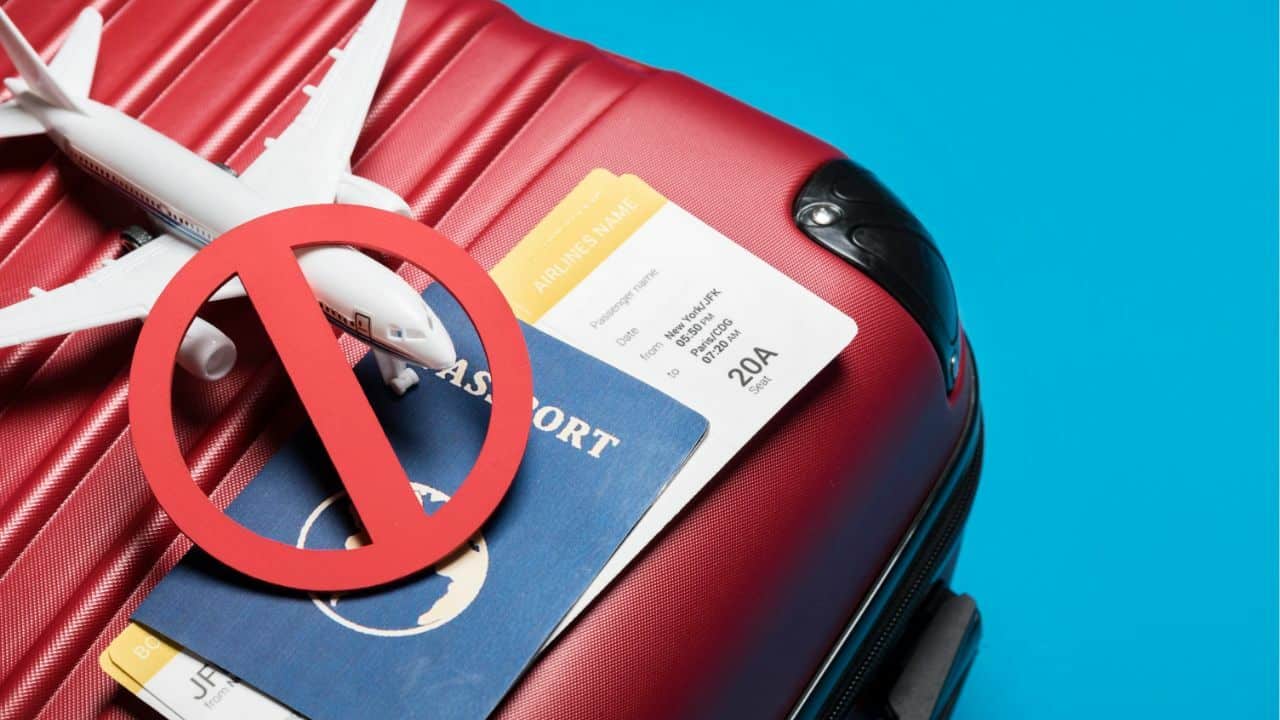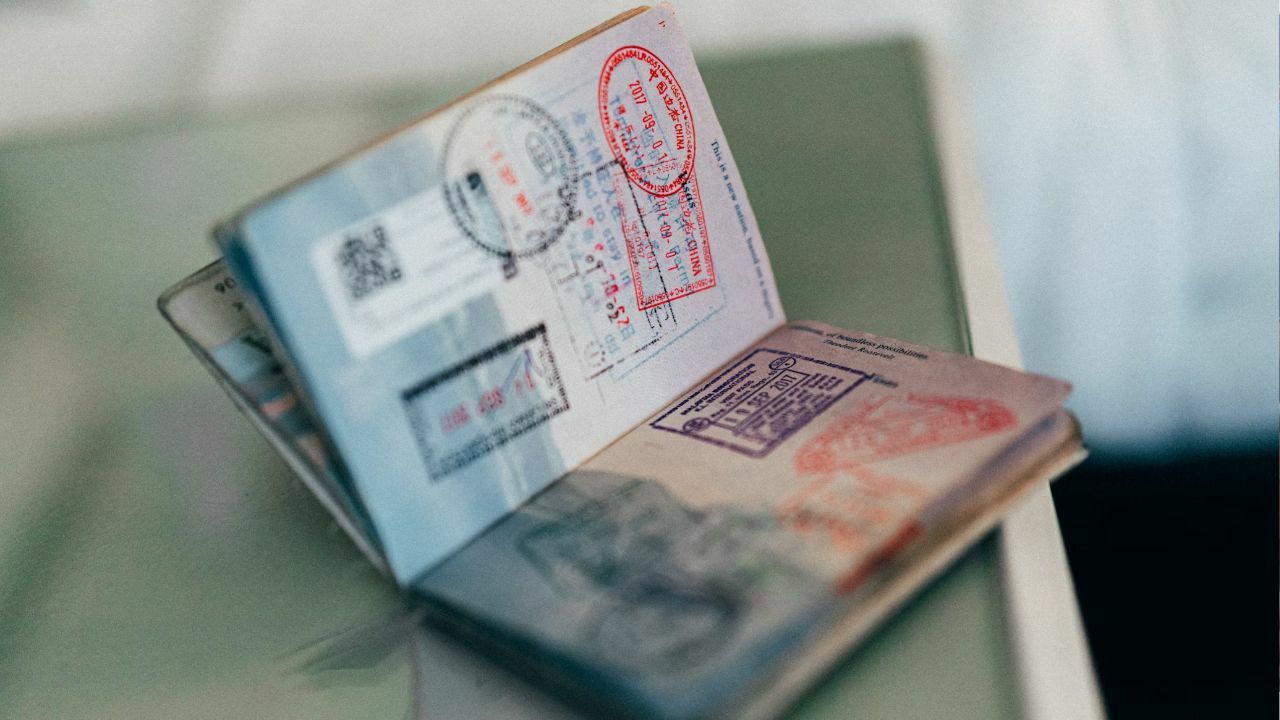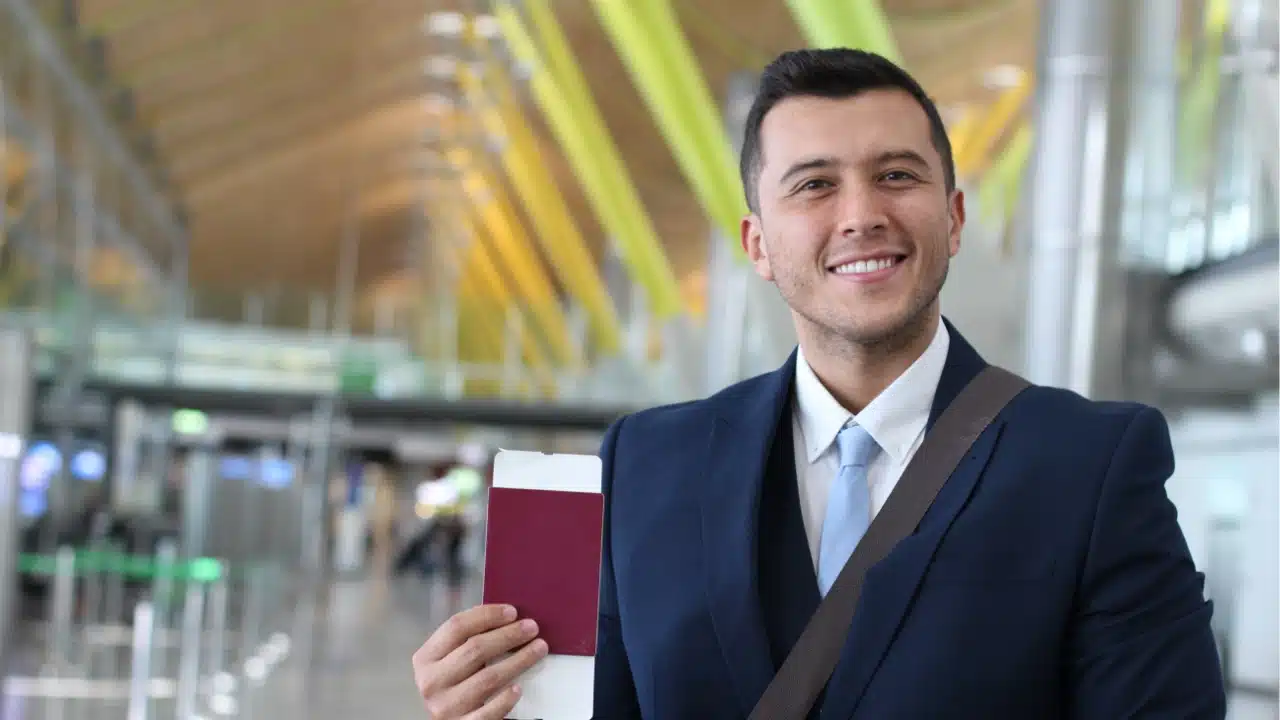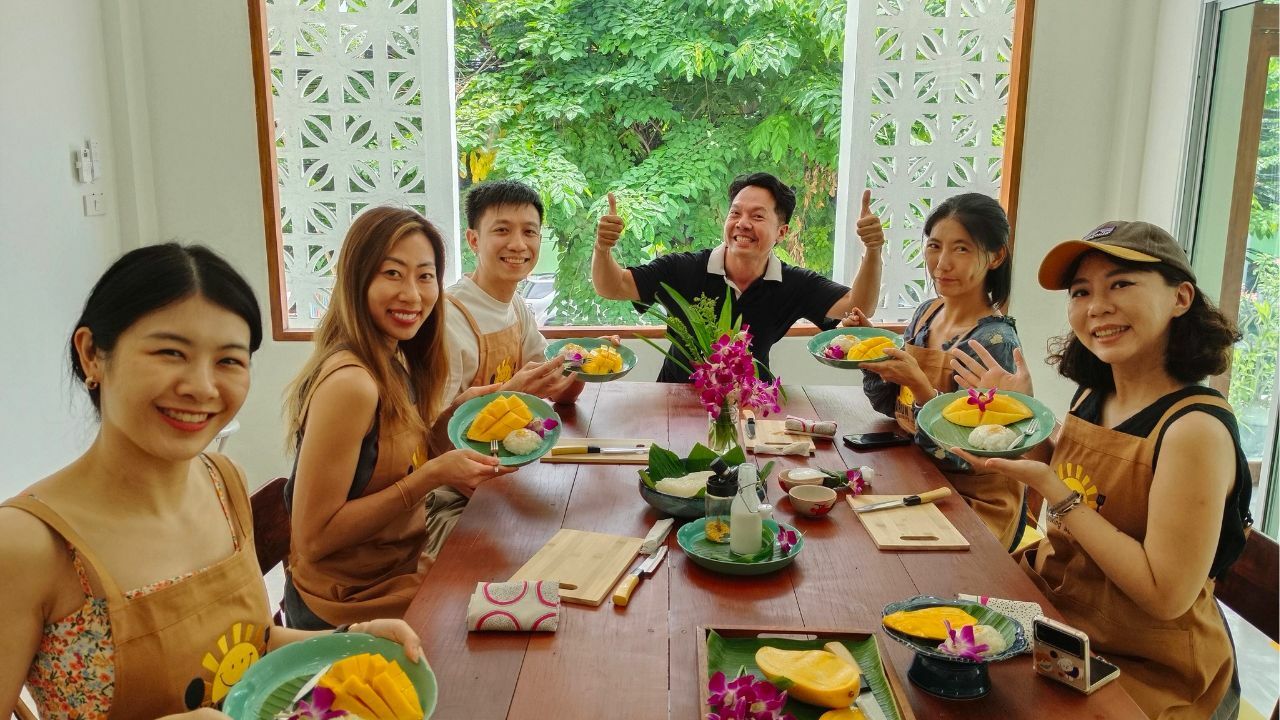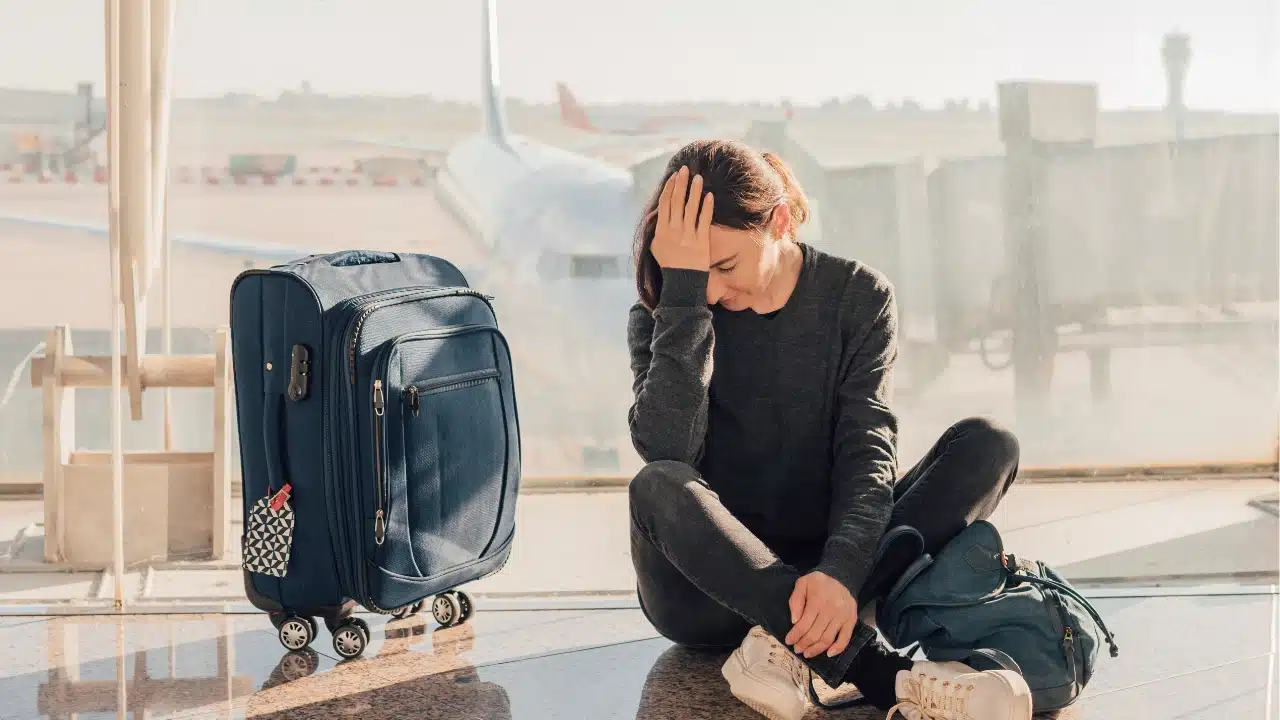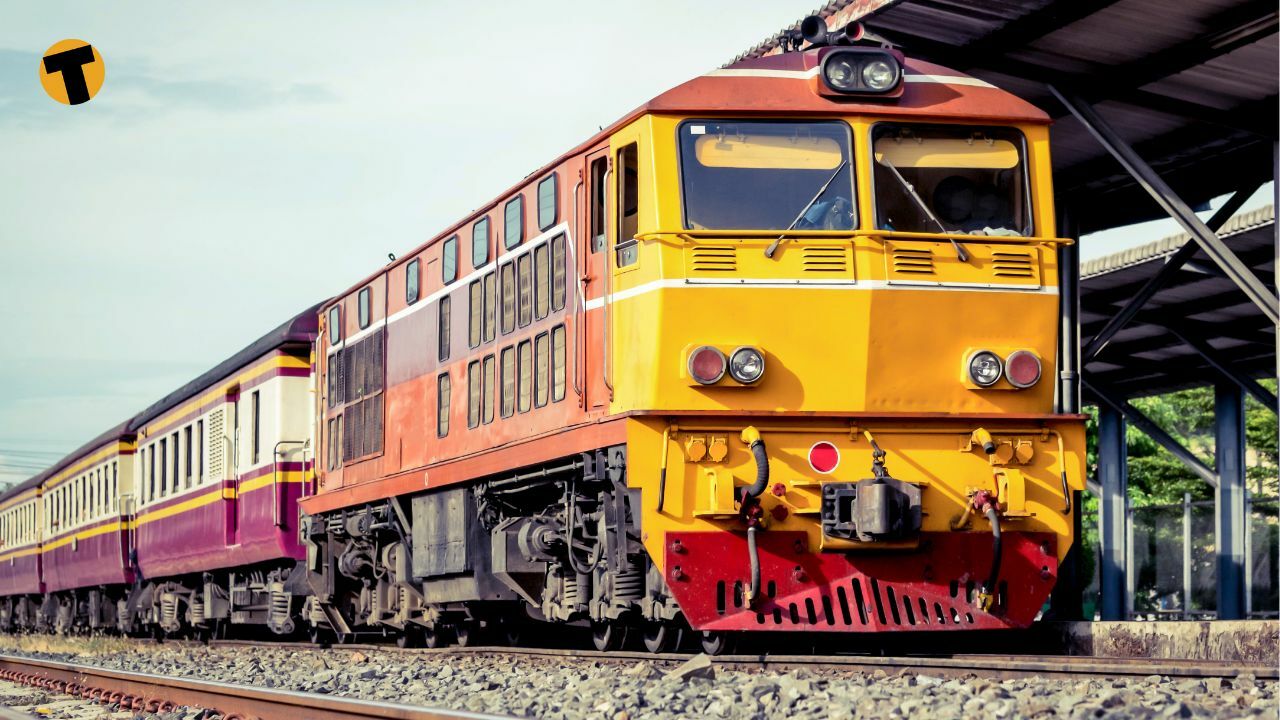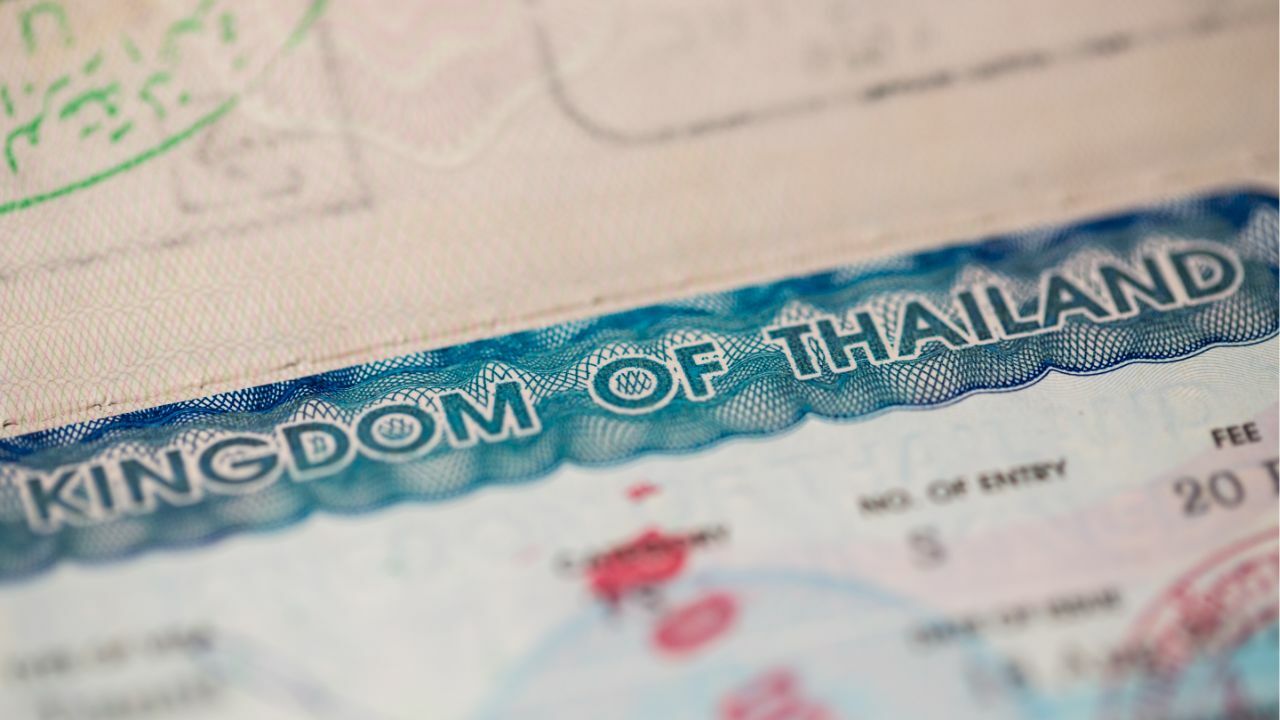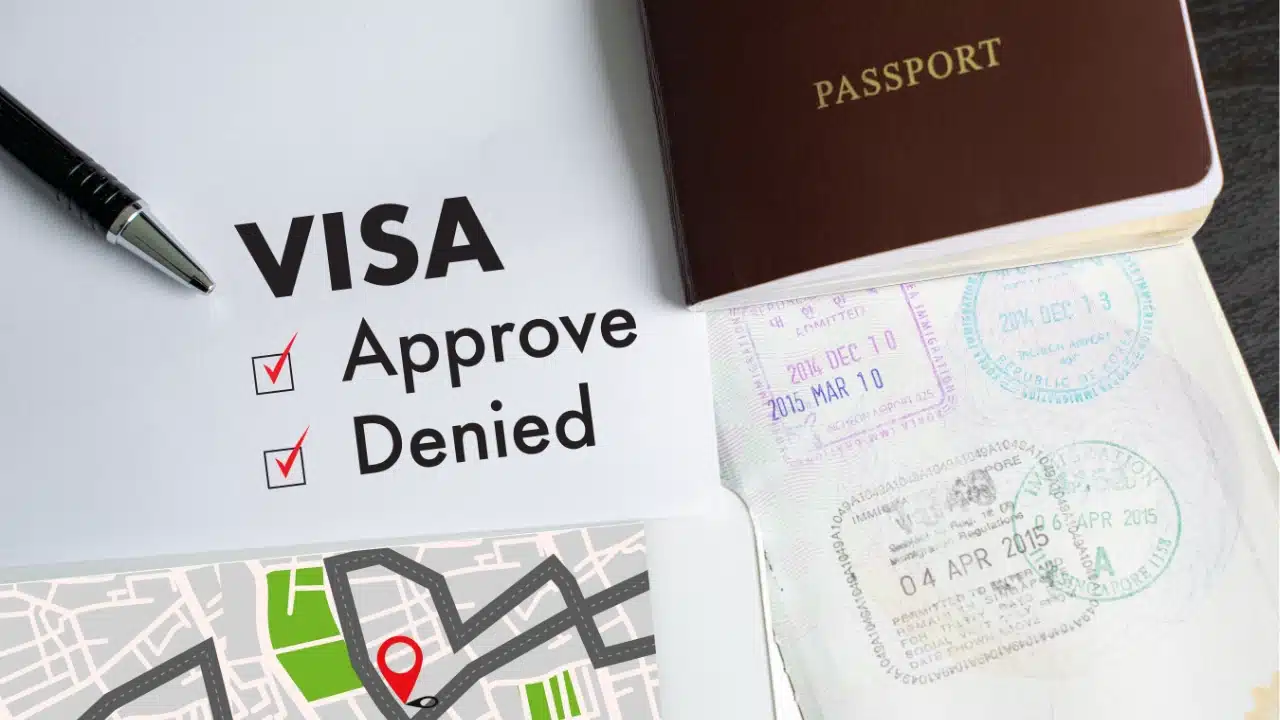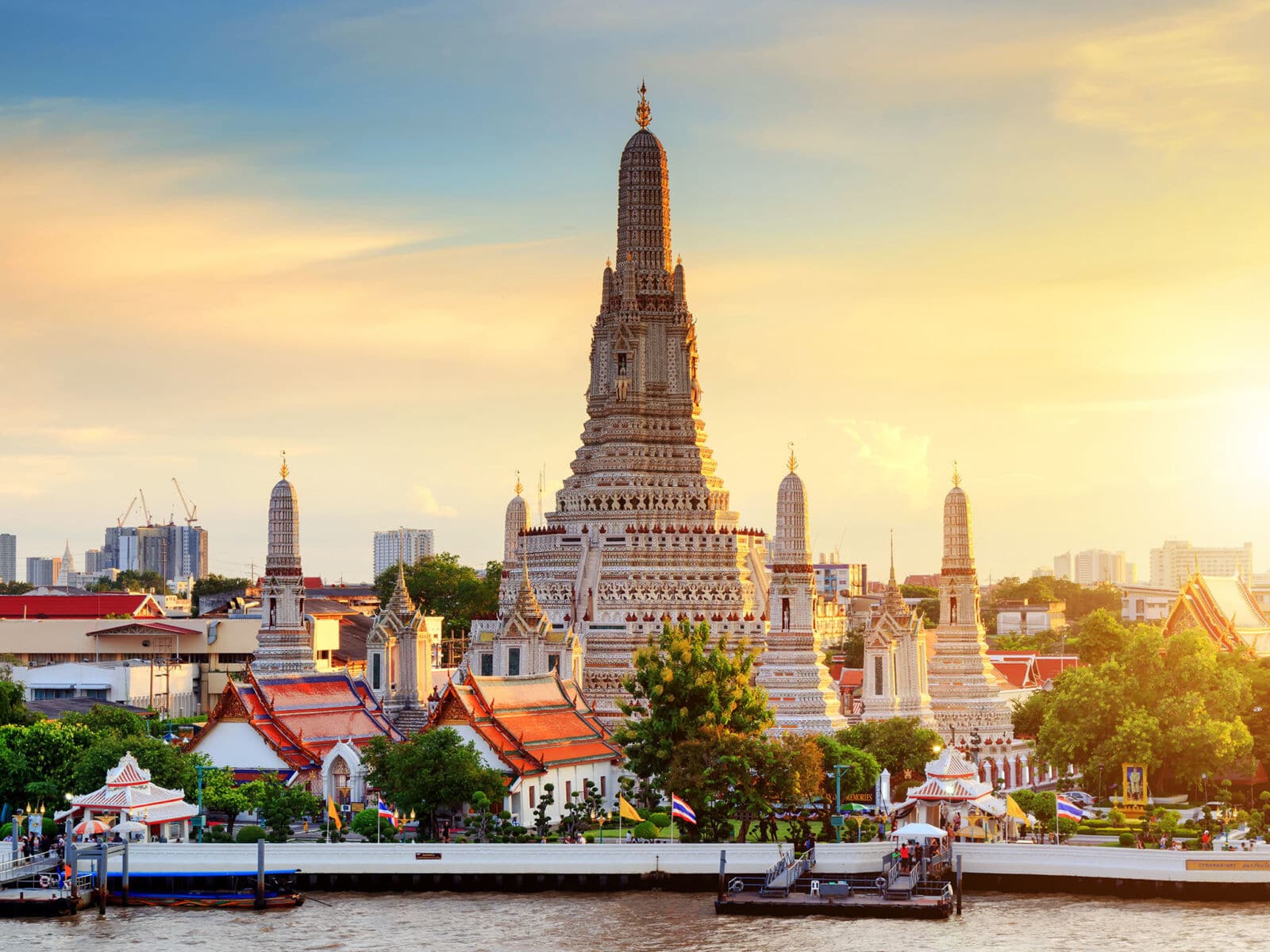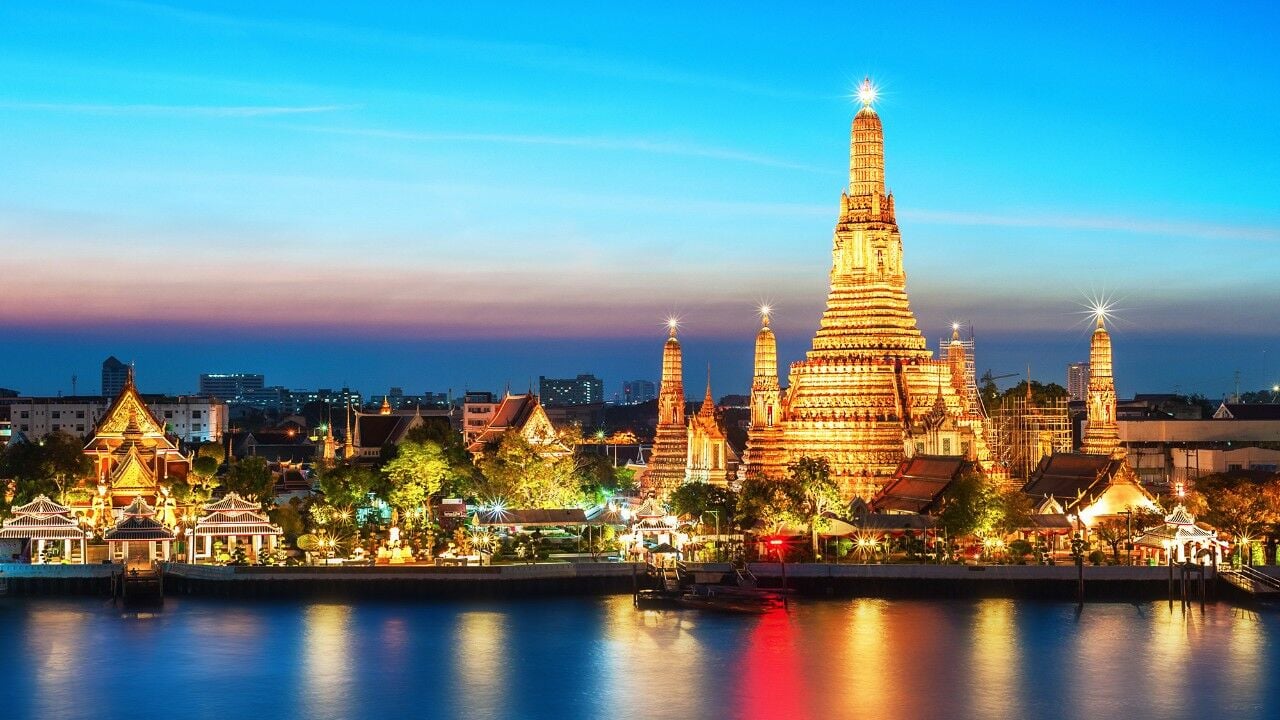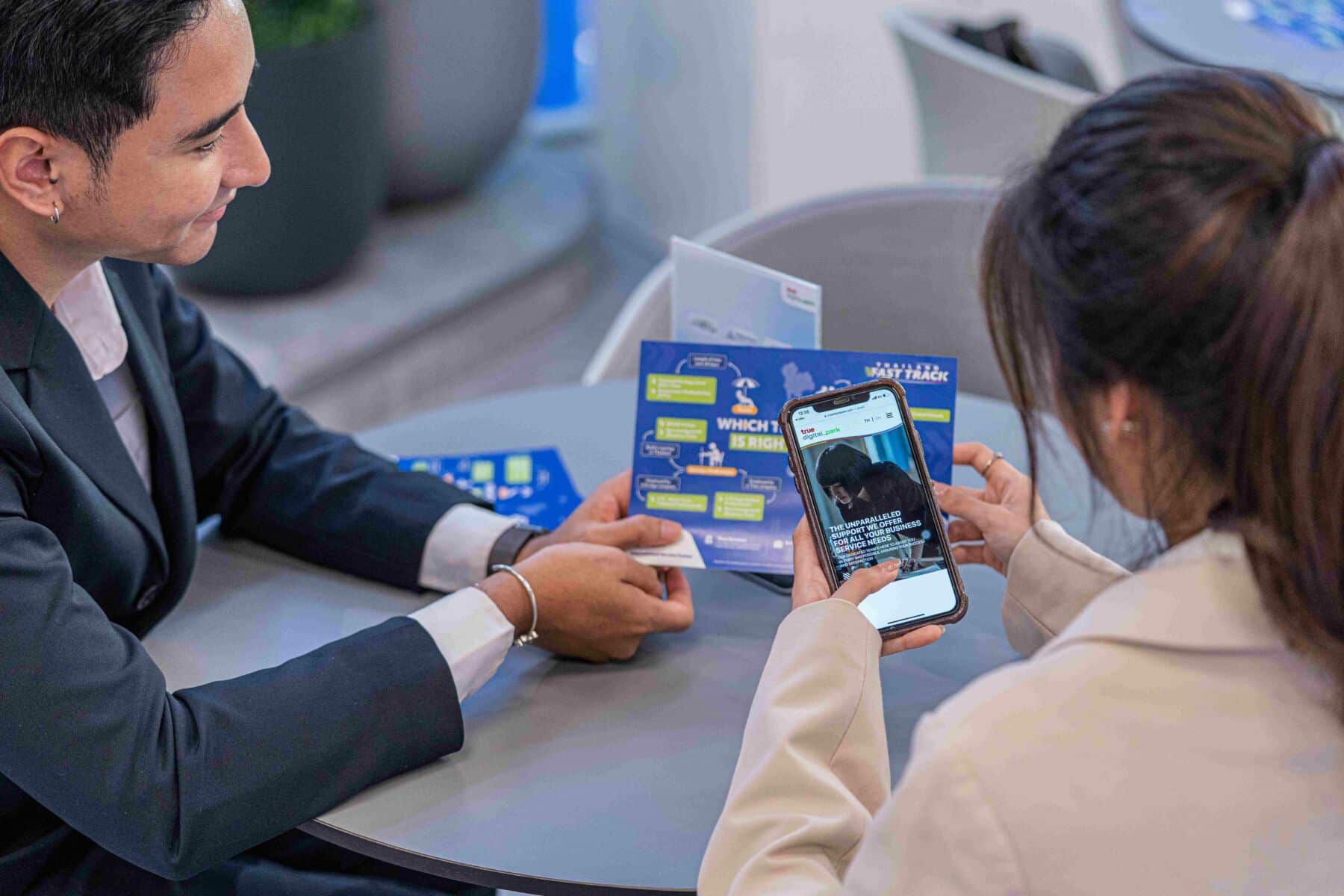Visa Information
South Korea visa-free trial launched for Indonesian group tourists
South Korea launched a visa-free trial scheme for Indonesian tourists travelling in organised groups, as part of its broader effort to attract 30 million foreign visitors annually. The South Korean government unveiled a new campaign titled “Visit Korea Year” during the 11th National Tourism Strategy...
-

What no one tells you about being a digital nomad in Thailand
Bangkok ranks first as the world’s favourite city for digital nomads, with Chiang Mai close behind. It’s easy to see why. Thailand has a magnetic charm that pulls people in. You come for a short stay, rent a scooter, find a café with fast Wi Fi, and before you know it, you are talking about …
-

Muay Thai Visa Thailand launches DTV visa support for international students
Muay Thai Visa Thailand (MTVT), operated by Bangkok’s Sor.Dechapant Muay Thai School has launched a dedicated visa support service aimed at helping foreign students apply for Thailand’s new Destination Thailand Visa (DTV) through accredited Muay Thai training. The initiative addresses a growing need among international applicants seeking long-term stays in Thailand via recognised soft power …
-

Thailand retirement visa insurance requirement explained (2025 update)
The Thaiger key takeaways Thailand’s OA, O-X, and LTR visas require health insurance. Minimum coverage varies by visa type, so applicants should confirm requirements with the specific Thai embassy or consulate. Local plans are cheaper and meet the basic rules, while international plans offer higher protection and broader access to private hospitals. Thinking about retiring …
-

How hard is it to get a Thai visa during Christmas and the New Year?
For many travellers and expats, the end-of-year holiday season is both a festive and logistical hurdle. Whether you’re planning a quick return to Thailand or managing your visa renewal as an expat, the Christmas and New Year period can complicate things. So, how hard is it to get a Thai visa during this busy time …
-

Which countries are exempted from needing a visa to come to Thailand?
When planning a trip to Thailand, one of the first questions many travellers ask is, “Do I need a visa to enter?” The answer depends on your nationality and the length of your intended stay. As of 2025, Thailand has updated its visa exemption and tourist visa policies, aiming to make travel more flexible and …
-

How to make sure that your health insurance meets Thailand’s visa requirements
If you plan to stay in Thailand for a long time, you must have health insurance that meets the country’s visa rules. This applies to Retirement (O-A and O-X) visas and Long-Term Resident (LTR) visas. Each visa type requires a minimum level of coverage for both inpatient and outpatient care, and some also need Covid-19 …
-

Can you stay and work in Thailand with your new Thai degree after graduation?
Graduating from a Thai university is a monumental moment of achievement, but for many who do graduate, the question quickly becomes: what’s next? If you’re an expat graduate hoping to stay in Thailand and launch your career here, recent updates to Thai immigration policy may work in your favour. However, staying on legally and working …
-

Overstay rules in Thailand: What happens, how much it costs, and how to resolve it
The Thaiger key takeaways Thailand enforces strict fines and penalties for staying beyond your permitted date, with no official grace period. Short overstays usually mean fines, while longer overstays can lead to bans, detention, or deportation. Resolving the issue quickly, either by leaving or contacting immigration, is essential to avoid serious consequences If you’ve ever …
-

South Korea eases visa rules for young Thai job seekers
South Korea has eased visa rules for young Thai nationals who speak Korean, allowing them to apply for longer stays and job opportunities with fewer restrictions. The South Korean Embassy in Bangkok has announced a major visa policy shake-up, easing the path for young Thai nationals fluent in Korean to live and work in the …
-

Thailand Digital Arrival Card (TDAC) scams and how to protect yourself
Dozens of websites and sponsored ads are currently charging travellers money to submit the TDAC form within the standard 72-hour window, which is free through the official government TDAC portal. These scam ads often take up the entire first half of Google search results. Some of these websites also use government logos or “fast approval” …
-

A step by step guide to getting the Thai Student Visa (Non-Immigrant ED)
The Thaiger key takeaways The Non-Immigrant ED visa allows foreign students to study legally in Thailand, covering universities, language schools, and training courses. Applicants must enrol in an accredited institution, apply online via the Thai E-Visa system, and complete 90-day reporting after arrival. The ED Plus visa offers university students an added benefit, which is …
-

The best law firms in Phuket (2025)
The Thaiger key takeaways Phuket’s top law firms offer trusted expertise in property law, immigration, and company formation for both Thai and foreign clients. Many provide bilingual services and transparent pricing, helping foreigners avoid legal misunderstandings and delays. From litigation to real estate and visas, these firms are known for professional guidance and reliable results. …
-

Can health insurance help speed up your Thai visa process?
The Thaiger key takeaways Having the right health insurance keeps your visa process moving without unnecessary hold-ups. Showing proof of coverage early can make approvals and renewals faster. Keeping your insurance active avoids surprises and ensures smooth compliance. Applying for a long-term visa in Thailand can be tricky, with many requirements to meet. One important …
-

Stars, stripes and tourist gripes as Trump hikes visa fee kick off
Tourists, locals, and ex-pats in Thailand are being warned to brace for a wallet-busting new visa fee, after Donald Trump slapped a stinging US$250 charge on would-be visitors, just in time to cash in on the flood of sports fans heading to America. The controversial visa integrity fee has sparked outrage, with critics accusing the …
-

Viet’s all, folks: Thailand left in digital ID dust by Vietnam
Thailand has been caught napping again, as Vietnam surges ahead with yet another bold move to woo foreigners, slashing red tape and rolling out sleek new digital IDs for its growing expat population. On July 1, Hanoi launched a 50-day campaign to hand out free electronic identification to foreigners living, working, or studying in the …
-

Vietnamese passport dreams are made of this, leaving Thailand behind
Vietnam has torn up the red tape for foreigners with local family, making it easier than ever to bag a Vietnamese passport, no lingo, no money, and no five-year wait required, leaving Thailand behind. Foreigners married to Vietnamese citizens, or with family roots in the country, can now apply for citizenship without needing to speak …
-

The 5 common mistakes seen in DTV applications
Applying for a Digital Nomad Visa (DTV) in Thailand can be a challenging process, and many applicants make mistakes that lead to delays or rejections. To help you avoid these common pitfalls, we’ve outlined the 5 most common mistakes that applicants make during the DTV application process. Keep these in mind to ensure a smoother …
-

How to complete your 90-day residency report for long-term visa holders in Thailand
Long-term visa holders in Thailand, including DTV visa holders, must submit a 90-day residency report to Thai Immigration. This report updates authorities on your address every 90 days, even if your address hasn’t changed. The rule applies to most long-term visa holders, including those on retirement, business, marriage, or education visas. Failing to report on …
-

Chaos at Thai Embassies: digital nomads stranded by DTV visa delays
Thailand’s new Destination Thailand Visa (DTV), introduced to welcome digital nomads, is off to a rocky start, leaving many applicants stranded across Southeast Asia amid delays, confusion, and inconsistent embassy procedures. Foreigners in Cambodia, Laos, and Malaysia, many of whom travelled specifically to apply for the DTV, are facing extended wait times, backlogged appointments, and …
-

Key visa and immigration changes in Thailand in 2025
Thailand is updating its travel and immigration system this year to better serve global travellers, digital nomads, retirees, and investors. Key changes in the immigration system include the expansion of the Thai E-Visa system, the introduction of the Thailand Digital Arrival Card (TDAC), and new visa categories like the Destination Thailand Visa. These updates aim …
-

5 years on a DTV visa: Discovering Thailand through cooking
Spending five years in Thailand on a Digital Nomad (DTV) visa offers a unique opportunity to experience the country beyond the usual tourist attractions. One of the best ways to connect with Thai culture is through its food. Learning to cook traditional dishes, visiting local markets, and sharing meals with locals and expats create unforgettable …
-

Snubbed middle-income retirees look beyond Thailand to SE Asia
For decades, Thailand has been the quintessential destination for retirees seeking an affordable, beautiful, and culturally rich new home. With its golden beaches, vibrant cuisine, and famously welcoming population, the Land of Smiles has lured hundreds of thousands of Westerners to spend their golden years soaking up its tropical hospitality. Yet, a quiet transformation is …
-

Denied a visa extension in Thailand? Here’s how travel insurance can help
Denied a visa extension in Thailand? It can be a stressful and confusing experience. Immigration rules are strict, and even a small mistake, like missing documents, overstaying a visa, or not showing enough funds, can lead to a denial. If this happens, you may need to leave the country quickly or face unexpected costs. This …
-

Bangkok to Kuala Lumpur direct train set to resume later in 2025
Travellers, visa runners and railway enthusiasts have a reason to celebrate: the long-awaited resumption of the direct train service between Bangkok, Thailand, and Kuala Lumpur, Malaysia, is set to return by the end of 2025. This move is expected to enhance regional connectivity, promote sustainable travel, and boost tourism and commerce between the two Southeast …
-

Why it’s so hard to open a Thai bank account on a tourist visa
For many foreigners considering long-term residence in Thailand, one of the first bureaucratic barriers they encounter is the challenge of opening a Thai bank account. This seemingly straightforward step becomes a complicated puzzle for those arriving on a tourist visa or visa exemption. Ironically, the very thing required to secure a long-term stay, a Thai …
-

Financial requirements for the Thailand tourist visa in 2025
Thailand is once again requiring travellers to show proof of funds when applying for a Thailand tourist visa, as part of a broader update to its immigration policies. The move comes alongside the introduction of the new Thailand Digital Arrival Card (TDAC) and ongoing discussions about shortening visa-free stays. If you’re planning to visit Thailand …
-

Everything you need to know about E-Visa in Thailand
Travelling to Thailand will be easier with the new Thai E-visa system. From January 1, people from almost any country can apply for a visa online. You don’t need to visit an embassy or consulate anymore. The process is fast, simple, and all done through a website. In this guide, we’ll cover everything you need …
-

Foreign travellers told to log on 3 days before Thailand arrival
Foreign travellers planning a trip to Thailand are being told to get online and fill in Digital Arrival Card (TDAC) three days before they arrive or risk being turned away at the border, as the country ditches its old-school paper arrival cards in favour of a slick new digital system. From May 1, all international …
-

Thai me down: Bangkok opens new visa expat and investor hub
Thailand is making moves to woo foreign investors and expats, rolling out a brand-new one-stop shop for investment and visa services in the heart of Bangkok. Prime Minister Paetongtarn Shinawatra cut the ribbon on Monday at the grand opening of the Thailand Investment and Expat Services Centre (TIESC), housed in the sleek One Bangkok building …
-

True Digital Park and BOI join forces to propel foreign investment to Thailand
True Digital Park, the largest tech and startup hub in ASEAN, is moving forward to drive Thailand to become a destination for foreign investors and entrepreneurs, aiming to boost Thailand’s Foreign Direct Investment (FDI). Highlighting its comprehensive startup and tech entrepreneur ecosystem, True Digital Park joined forces with the Board of Investment of Thailand (BOI) …
